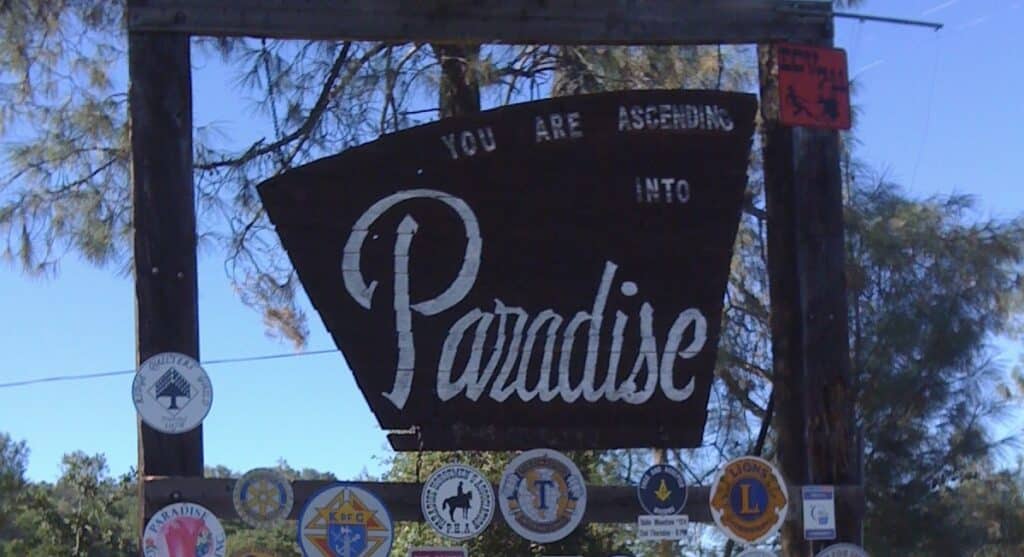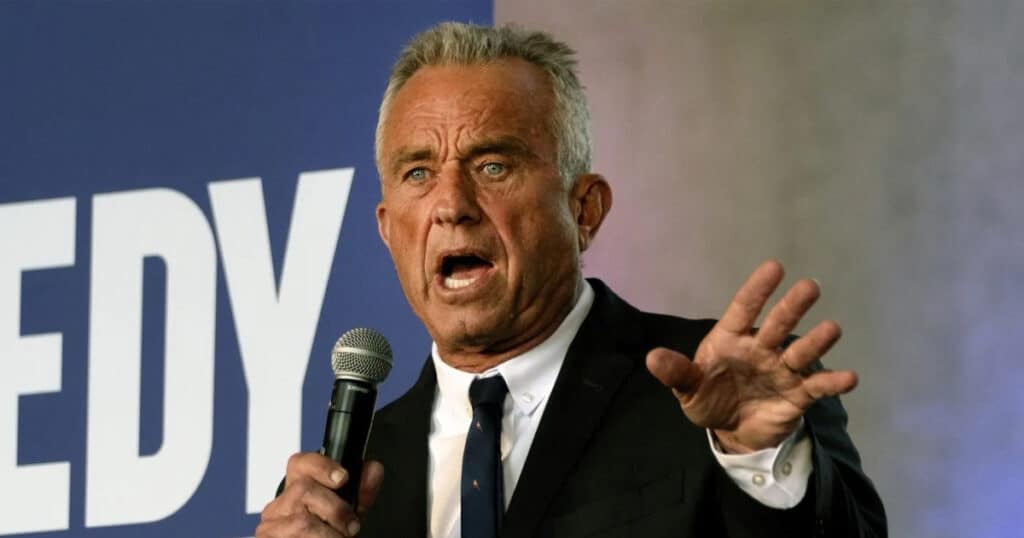
New Bill Will Keep Cali from Secretly Dropping Sexually Violent Convicts into Communities
Since 2018, when the Camp Fire — the deadliest and most destructive wildfire in California history — destroyed most of their town and left 85 dead, the residents of Paradise have fought to keep whatever sense of humanity they have left. Which is why it felt to so many of them like a dagger through their hearts when the department of state hospitals last month revealed with little warning it planned to release into their community a convicted sexually violent predator (SVP), Michael Cheek, 71, who was convicted of kidnapping, rape and forced oral copulation in 1980 and then raped a teenager after he escaped custody a year later.
After the local police and sheriff’s departments and other area leaders lodged their strong opposition to the idea, the state announced Feb. 28 that it had cancelled the proposed relocation.
Paradise’s close call, however, is just one example of the state prisoner relocation system’s desperate search to find landing spots for SVPs like Cheek.
Communities across the Golden State have faced similar relocation plans, with many not luck enough to have local law enforcement and leaders able to advocate for them.
Now, new legislation introduced in the California Senate would stop the covert release of sexually violent predators into communities across the state.
Senate Bill 832, authored by Republican Senator Brian Jones from San Diego would ensure public safety the most important criteria considered in any potential placement of an SVP.
Soon after it was written, the bill received bipartisan support with both Democratic and Republican Senators signing on as co-authors.
The bill, also known as the Sexually Violent Predator Accountability, Fairness, and Enforcement Act, or, SAFE Act, would also require the Department of State Hospitals (DSH) to accept more responsibity for any proposed SVP relocation through approving any placements before the organization handling the placement can sign any leases for target locations. The proposed law would mandate that DSH director publicly report annually of how many SVPs are in each county and supervisorial district.
The DSH, along with the Department of Corrections and Rehabilitation and the Department of Forestry and Fire Protection, also known as CAL FIRE, would as well be required to assess all land under their control and report to the governor and legislature any inventory of facilities that could be used to house SVPs.
Finally, SB 832 would prevent an SVP from being placed within 5 miles of federally recognized “Indian country,” which is defined by the federal government as “all land within the limits of any Indian reservation under the jurisdiction of the United States Government…all dependent Indian communities within the borders of the United States…and all Indian allotments, the Indian titles to which have not been extinguished.”
Jones wrote the bill in response to the fact that, aside from many SVPs released from jail are moved to communities without much warning, many are relocated to rural areas and nearby Indian reservations where an SVP’s past is not known and where, as a result, other local residents could be placed into potential danger.
Because of the remote nature of many SVP landing locations, law enforcement is not of adequate levels to manage with the influx of SVPs.
“Families in San Diego County and across California are being jolted by the state’s secret attempt to put an SVP in their neighborhoods. State Hospital officials have often tried to duck their responsibility by giving their vendors…too much freedom in targeting regions such as East and North County. Unfortunately, this problem is not unique to San Diego,” said Jones in a statement. “A few weeks ago, I requested an audit of (SVP vendor) Liberty Healthcare to get to the bottom of their poor handling of SVP placements. Now, we’re announcing the bipartisan SAFE Act, which would require transparency in the SVP placement process, force state officials to own up to these decisions, and make public safety the highest priority.”
“The SAFE Act would end the ‘Hide the Predator’ game DSH plays when releasing SVPs into communities. On the campaign trail, I promised to re-introduce the SAFE Act and help create an SVP release process where public safety is the top priority. Today, I’m following through on those promises,” Jones continued in his statement.
“Coauthoring SB 832 is a no-brainer, said Democrat Senator Marie Alvarado-Gil from Jackson. “We should not allow repeat offenders charged with violent sexual predatory offenses to be covertly released into a community.
“Many communities in our state, including those living on rural and Indian lands, may not have the adequate police enforcement to ensure the safety of their community from these violent sexual predators,” Alvarado-Gill explained to the California Globe.”I support State Hospitals acquiring a voice in the best placement for their patients. I applaud Minority Leader Jones’s stance to represent communities that may not have the resources to responsibly home some of the most troubled individuals.”
Said Assemblyman James Gallagher from Yuba City: “Rural California is not a dumping ground for violent sex offenders. It’s not fair to make families live in fear every time their kids walk to school or go play outside. If these predators are too dangerous to place in their home counties, they should stay in confinement, not get shuffled to an unsuspecting community they have no ties to.”
SB 832 is set to receive a committee assignment in the coming weeks.



